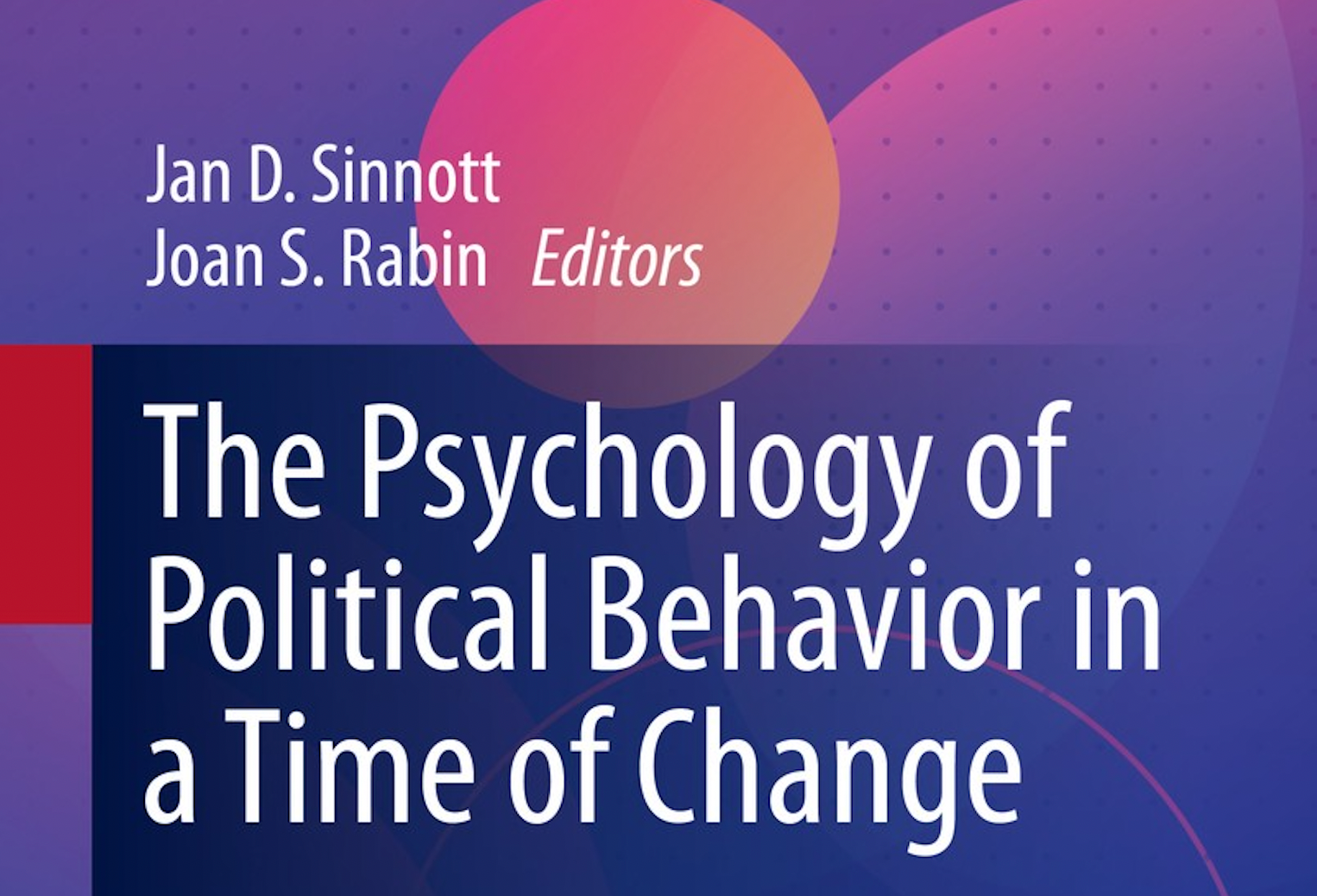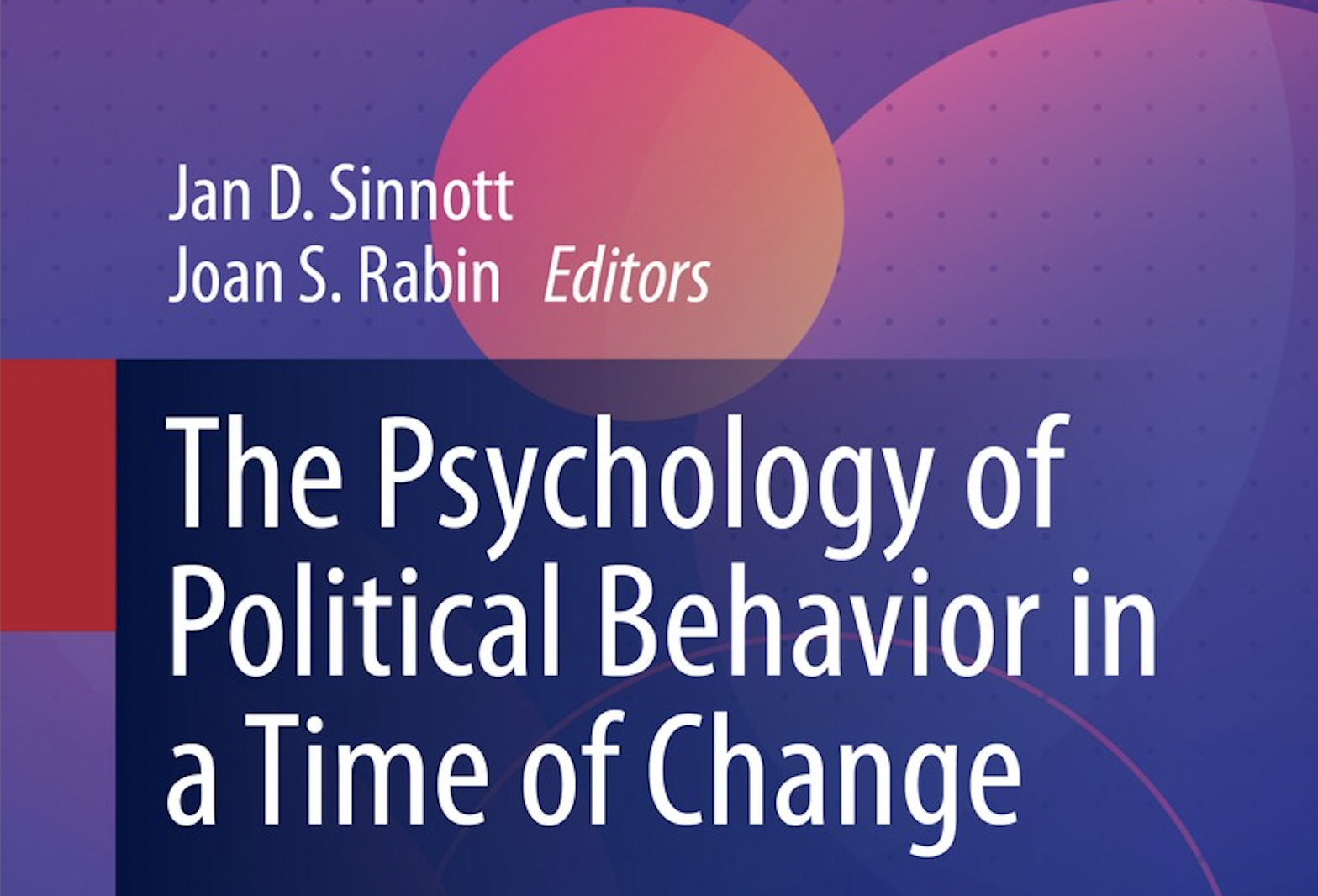Postformal Psychology: The new “Normal” in Times of Exponential Change (Springer, 2021)

Abstract:
We are living in times of great transition, uncertainty and exponential change. In the 1990s the US Defense Department coined a new term to describe this period: VUCA, that stands for “Volatile, Uncertain, Complex and Ambiguous.” VUCA is even more relevant today than it was when coined over twenty years ago. It characterizes not only society and economics but also politics. More recently VUCA has slipped beyond the Pentagon and entered the common vernacular – especially in the context of global leadership as well as in business and organizational studies. In this chapter I investigate the psychological and cultural factors operating in a VUCA world through an evolution of consciousness narrative. Firstly, I introduce the growing body of research by cultural historians, sociologists, philosophers and others on the evolution of culture and consciousness. Secondly, I discuss the research by adult developmental psychologists on the types of reasoning that exist beyond Piaget’s “formal operations.” When these two bodies of research are synthesised, the evidence indicates that a new stage of consciousness is currently emerging. From this perspective the chaos and turbulence arising in the political arena can be viewed from a different light. Furthermore, the types of cognitive, emotional and behavioural responses that we humans need to develop in order to thrive in this new milieu are remarkably synergistic with the qualities indicative of postformal reasoning. I draw out a number of qualities associated with postformal reasoning that are important for political leaders to embrace if they are to lead human evolution further, through conscious evolution, to prevent us spinning backwards. I identify and discuss several postformal qualities that are adaptive and thus ‘normal’ for the present times. Finally, I show that these qualities are exactly what is required of political leaders to move us beyond our current crises and into a future in which postformal reasoning will become the new ‘normal’ for dealing with volatile, uncertain, complex, and ambiguous futures.

We are living in times of great transition, uncertainty and exponential change, and the challenges we face as global citizens are complex, intractable, and planetary. The impact of climate crisis alone is pointing to frightening futures of rising seas, drowning cities, mass migration of climate refugees, drastic food shortages due to loss of arable land to drought, floods, and salination, and the mass extinction of species. The recent Special Report on Global Warming from the Intergovernmental Panel on Climate Change (IPCC) informs us that we have at most twelve years to turn around global warming to keep the planet from heating beyond 1.5 degrees Celsius, thus becoming far less habitable. But the trends pointing to future as time bomb are only one side of the picture. In spite of the potential for catastrophe that current trends suggest, we are also in the best position ever to initiate positive change. Humans have never been more conscious, more globally connected, or more capable of radical positive change than we are today. With instantaneous communications at our fingertips millions of people can be mobilized in an instant to act for good causes, if they have the will.
Read more here: